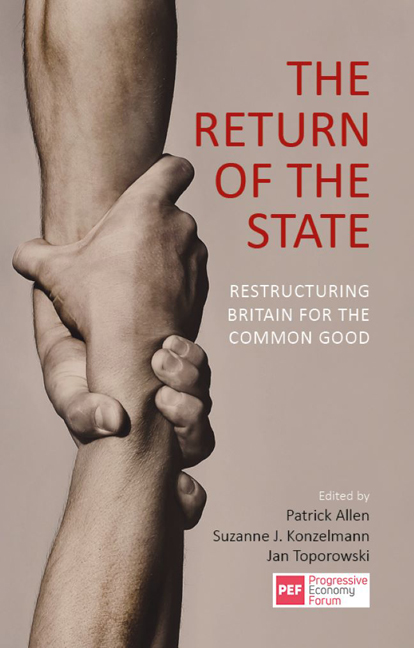18 - Coronavirus and the national debt
Published online by Cambridge University Press: 22 December 2023
Summary
Eighty years ago, on the outbreak of the Second World War, Keynes wrote a set of articles for The Times newspaper outlining how the British government could pay for the war effort without unduly restricting consumption. The articles were subsequently published as a pamphlet entitled How to Pay for the War: A Radical Plan for the Chancellor of the Exchequer. In it, he proposed “a plan conceived in the spirit of social justice, a plan which uses a time of general sacrifice, not as an excuse for postponing desirable reforms, but as an opportunity for moving further than we have moved hitherto towards reducing inequalities”.
No apology is needed for recalling Keynes's pamphlet, in view of the scale of the Covid-19 crisis and consequences for the country. The essays collected in this volume cover many aspects of the crisis, and lay out a number of approaches for dealing with them. At the start of the crisis, during the first period of lockdown, the key requirements were the provision of medical support and, as in wartime, ensuring that the population could maintain their consumption of essentials. As the world moves forward, macroeconomic policies to deal with the longerterm economic consequences become more pressing.
In this chapter we discuss the financing of these macroeconomic policies. Specifically, we discuss their impact on the national debt, whether or not this poses a problem and what can be done about it. Much remains unknown, but what is certain is that the nature of the crisis requires a level of borrowing that has no precedent in peacetime. The limits this poses to policy, and how these limits might be overcome, will determine the course of the recovery.
Fiscal commitments
At the start of the Second World War Keynes argued that the central dilemma was how to conserve resources for military purposes while maintaining decent standards of consumption for the least well off. The outbreak of the Covid-19 crisis posed a rather different problem: consumption was compressed as a by-product of lockdown, and by the loss of income of many workers and large numbers of small and medium-sized enterprises. In 1939 government expenditure was boosted by spending for military purposes.
- Type
- Chapter
- Information
- The Return of the StateRestructuring Britain for the Common Good, pp. 211 - 222Publisher: Agenda PublishingPrint publication year: 2021



